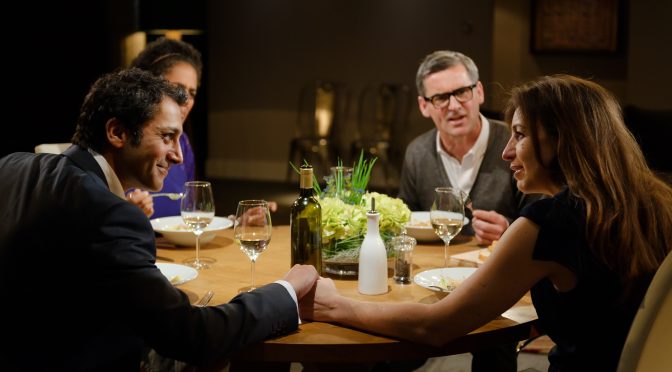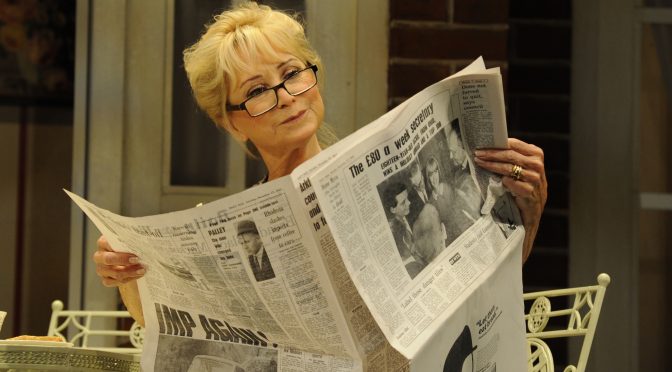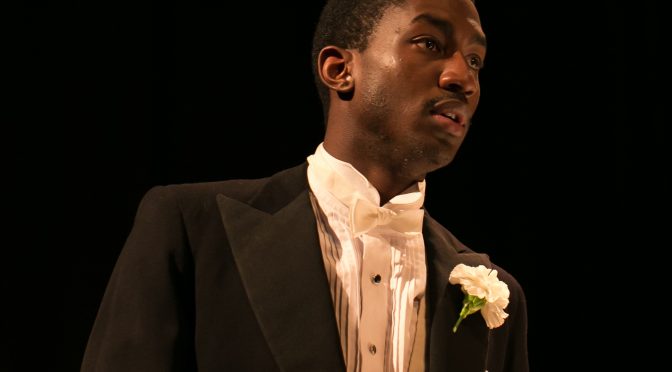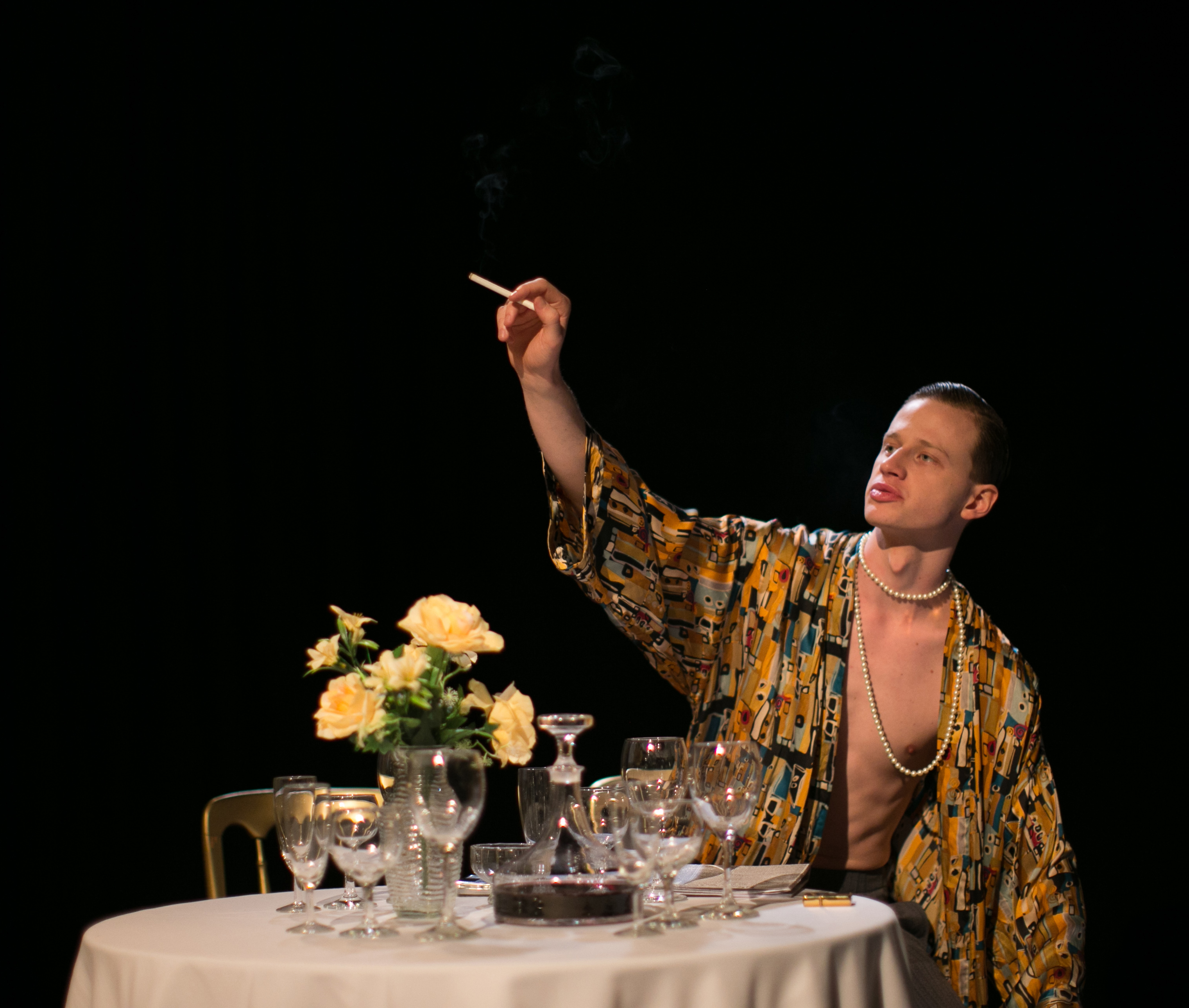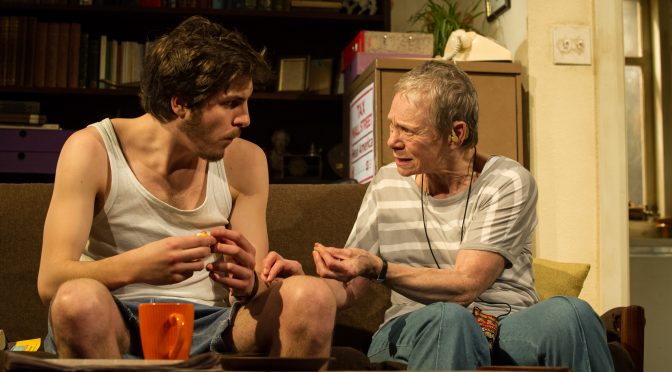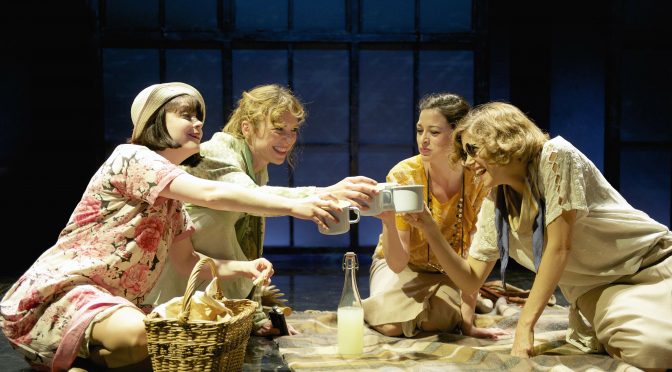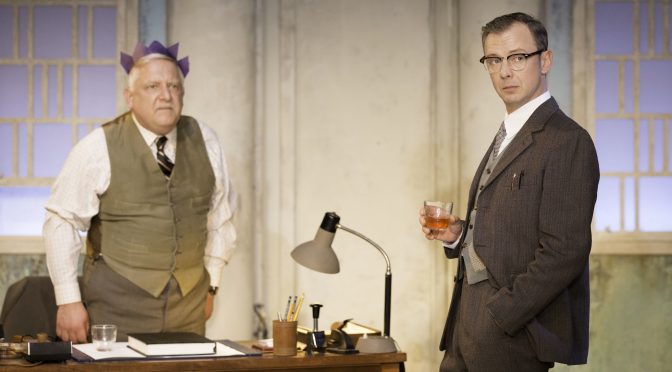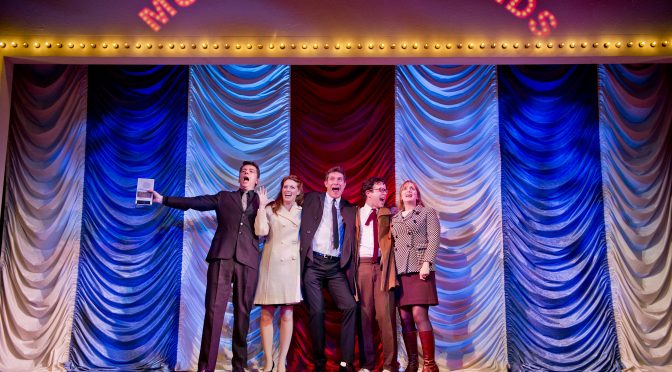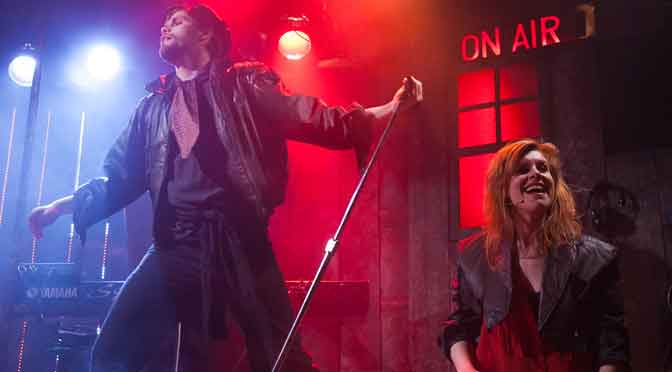It’s easy to see why Ayad Akhtar’s play, Disgraced, which receives its UK premiere at the Bush Theatre, has been such a critical hit. Directed by Nadia Fall, it’s a classically constructed, painfully topical story about how religion and terrorism touch the lives of four successful New Yorkers.
Amir is an apostate, forcefully rejecting his Muslim background, a faith that is embraced by his young nephew Abe, and of interest to his Caucasian wife Emily, an artist in awe of the “formal language” of Islamic tiles. Their friends are a Jewish curator, Isaac, admiring of attempts to make art “sacred”, and his wife, Jory, an African-American lawyer, who is Amir’s rival at work.
The main quartet don’t travel that well. They seem a contrived set and it’s difficult to gage how humorous their chitchat is supposed to be. Amir’s objections to Islam and removal from his heritage are intended to be an “issue”, but British audiences know a touch of self-loathing is perfectly normal and might find the absence of deprecation a little suspicious.
That said, the talented cast make the most of the roles and breathe a great deal of life into them. Nigel Whitmey has the hardest job as the curator, Sara Powell makes her smaller role as his wife stand out and Danny Ashok gives a credible performance as a young man slipping toward radicalism. In the lead roles Hari Dhillon and Kirsty Bushell are spectacular, both showing the development of their characters and their intense emotions marvellously.
It’s when the veneer of civilisation breaks down that the play takes off. Much like Yasmina Reza’s God of Carnage, when the booze flows and the gloves come off, things get very dirty indeed. And, with its focus on religion, Akhtar’s play comes close to the bone, especially in light of recent tragic events here in London. Many of the views expressed seem incendiary and the violence in the play is truly shocking.
If you like your drawing room drama intense, this one is for you. Akhtar’s attempts to open the swish Upper East side to some big issues is admirable, but whether or not he succeeds, or really just shows we can all use history, politics and religion ignobly, is debatable. Where disgrace lies is the open question concluding the play, but one thing is sure, Akhtar and this talented team in London, have nothing to be ashamed of.
Until 29 June 2013
Photo by Simon Kane
Written 24 May 2013 for The London Magazine

